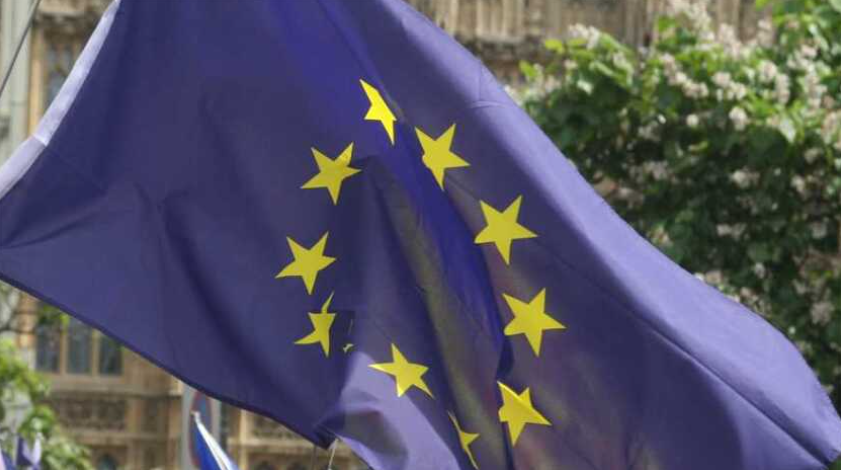
On Friday, EU Parliament and Council negotiators reached a provisional agreement on the Artificial Intelligence Act.
The regulation aims to ensure that fundamental rights, democracy, the rule of law and environmental sustainability are protected from high-risk AI. It marks the first time that regional regulation on AI has been deployed,following the approval of the act back in June.
At the same time though, the regulation aims to ensure that the EU solidifies itself as a leader in AI research and innovation.
The rules establish obligations for AI based on its potential risks and level of impact, and includes a number of banned applications of the technology.
Specifically, it restricts biometric categorisation systems that use sensitive characteristics such as political, religious, philosophical beliefs, sexual orientation and race. It also prohibits untargeted scraping of facial images from the internet or CCTV footage to create facial recognition databases.
It also prohibits emotion recognition in the workplace and educational institutions; social scoring based on social behaviour or personal characteristics; AI systems that manipulate human behaviour to circumvent their free will and AI used to exploit the vulnerabilities of people (due to their age, disability, social or economic situation).
Co-rapporteur, Brando Benifei, an MEP from Italy, said the horizontal legislation “will keep the European promise - ensuring that rights and freedoms are at the centre of the development of this ground-breaking technology”.









